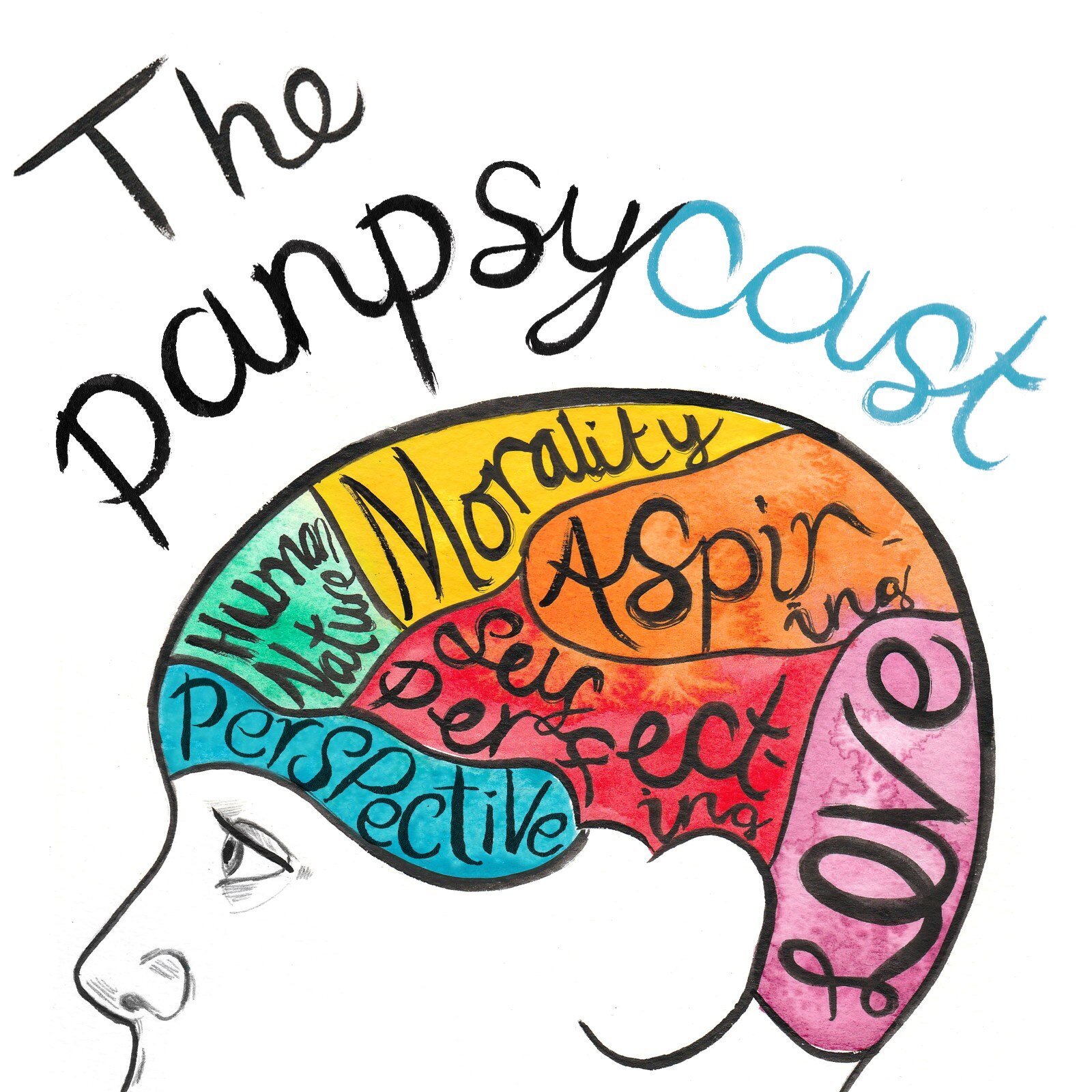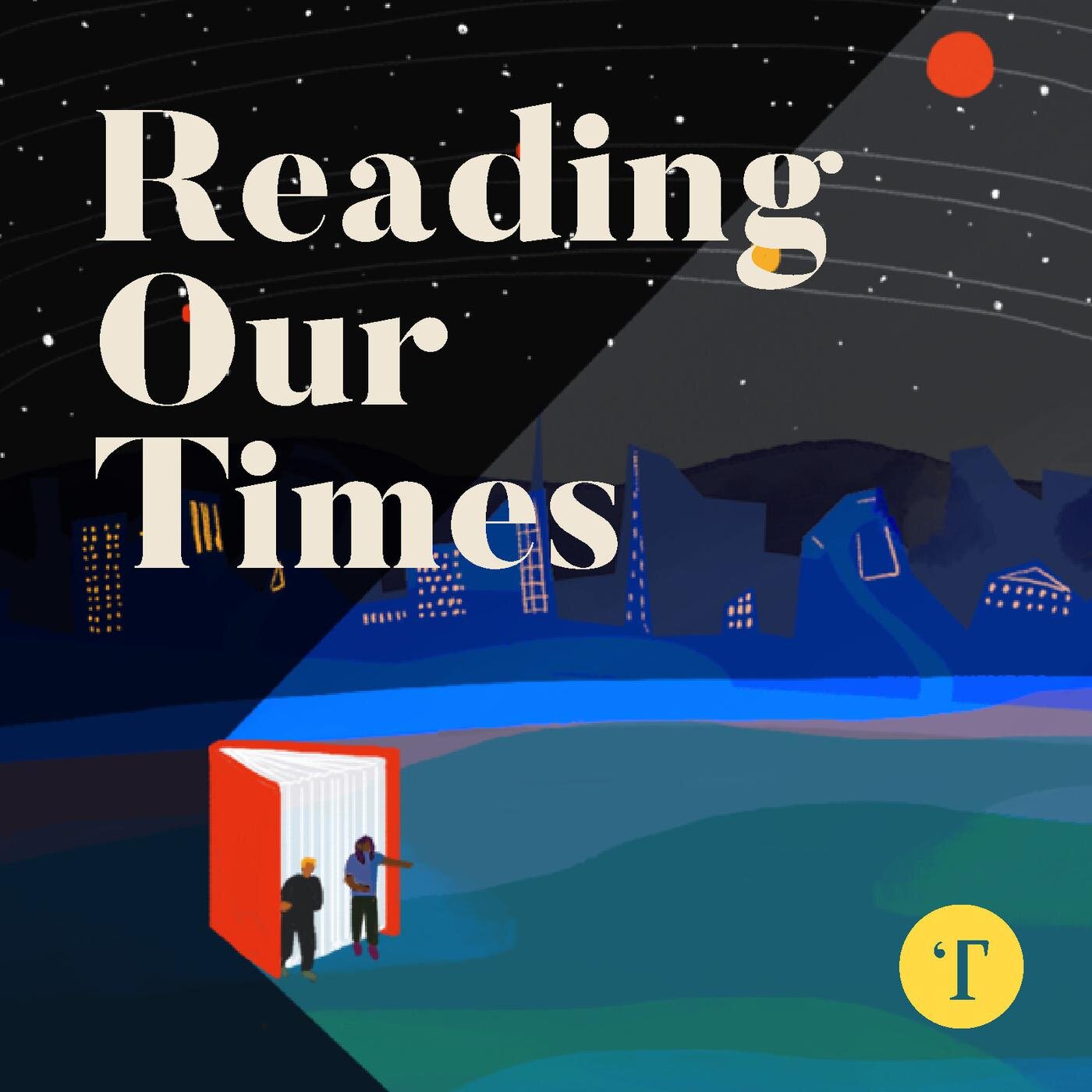Welcome to 'Episode 89 (Part V of V)’, where we’ll be giving our thoughts and analysis on Notes from Underground.
I write this in secret, hoping that these notes be passed on outside Russia. The author of the diary and the diary itself may, of course, be imaginary. Nevertheless, it is clear that such persons as the Underground Man do exist in our society.
We have tried to expose him to the public but so far there has been no luck. If only people knew of the power of the Underground. He is one of the representatives of a generation still living, a generation waiting patiently for the right moment. His notes were discovered long after his passing, written on tatty paper in cheap ink, covered in cigarette burns and dust….
Don’t listen to the ants who would rather slave over the anthill than accept the truth. These notes are yours now, spread them to every corner of the globe. Long live the Underground!
The file size is large, please be patient whilst the podcast buffers/downloads/crawls into the shadowsContents
Part I. The Life of Fyodor Dostoevsky
Part II. Underground
Part III. Apropos of the Wet Snow
Part IV. Body and Blood
Part V. Further Analysis and Discussion
Links
Notes from Underground, Dostoevsky (pdf).
Teaching Nineteenth-Century Russian Literature (book).
Dostoevsky: A Writer in His Time (Joseph Frank).
The Case against Rational Egoism in Dostoevsky's Notes from Underground, James P. Scanlan (paper).
Symbolism of Rats and Mice in Dostoevsky's Notes from Underground, Michael Haltresht (paper).
Notes from Underground, Dostoevsky - Richard Pevear and Larissa Volokhonsky (book).






